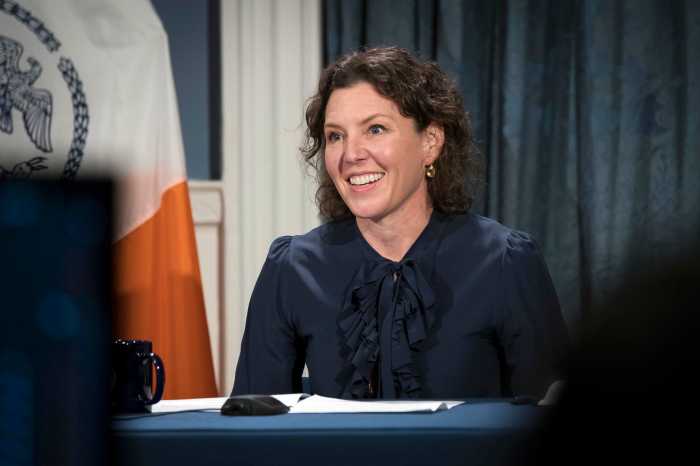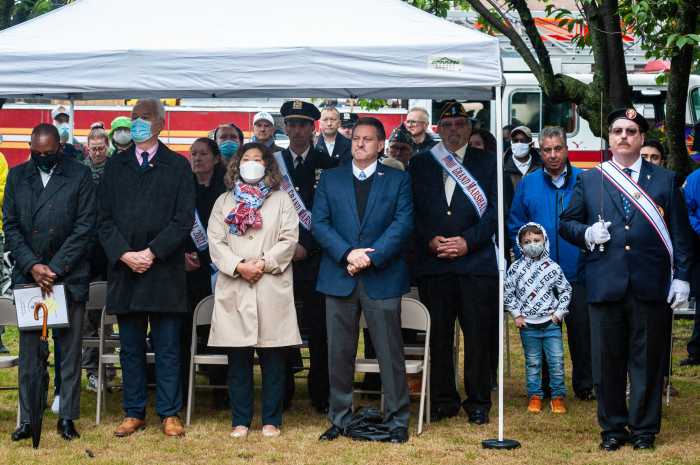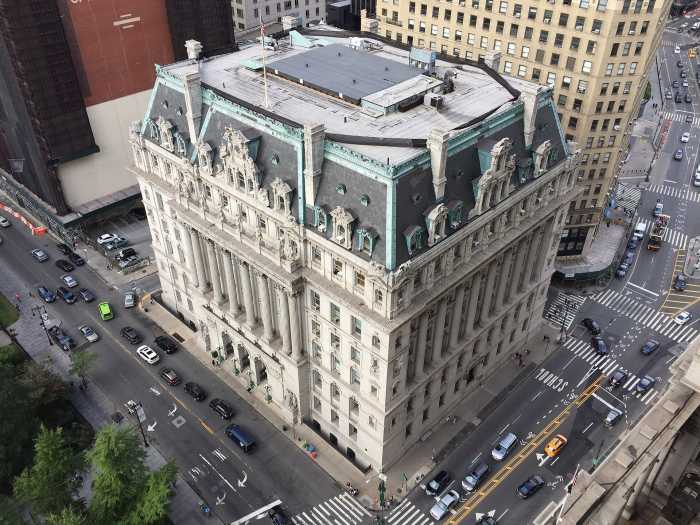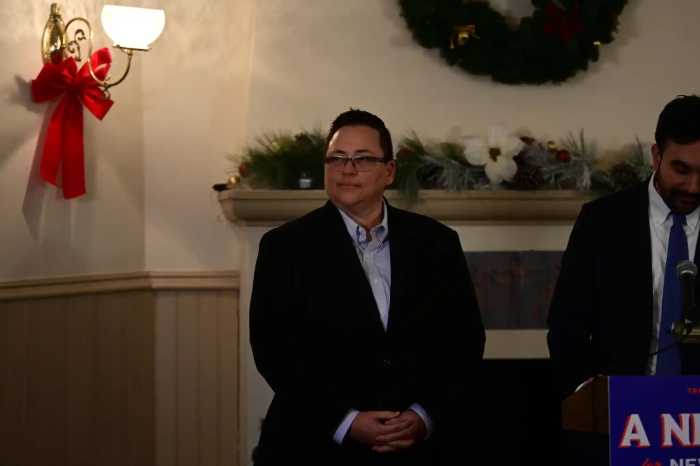With the number of hate crimes on the rise — particularly those against Asian American Pacific Islander, Jewish and Muslim New Yorkers — Queens Borough President Donovan Richards sent a letter to Mayor Bill de Blasio and City Council Speaker Corey Johnson requesting an increase in funding for initiatives aimed at combating hate-based violence.
In Queens, the problem is particularly acute, according to Richards. Though the borough is beginning to emerge from the COVID-19 pandemic lockdown, Queens has seen an alarming increase in such attacks.
The latest incident involves two couples targeted in an anti-Muslim assault spree in Richmond Hill. According to reports, a man attacked both couples in an hour-span on June 20. One woman ended up with a fractured nose.
Meanwhile, police recently arrested and charged a suspect in connection to a random attack on a 75-year-old Chinese woman in May. The NYPD Hate Crimes Task Force is also investigating another incident against a man of Asian descent after he was pushed onto the subway tracks in Long Island City.
In his letter sent to the mayor on June 16, Richards applauded the steps the de Blasio administration and council have taken to combat hate violence, but more work needs to be done, he said.
“In order to stop such violence before it occurs, the city must allocate additional funding to the New York Commission on Human Rights (CCHR), the Mayor’s Office for the Prevention of Hate Crimes (OPHC) and other relevant agencies that take a proactive approach to dispelling hate,” Richards wrote.
Richards’ letter specifically calls for the allocation of additional fiscal year 2022 funding to support the education and outreach work of local nonprofit organizations with connections to traditionally marginalized communities.
Through its Bias Response Team, CCHR can respond to discriminatory harassment — that is, bias acts which do not rise to the level of a hate crime, Richards said. With additional funding, according to Richards, CCHR can expand their team and also bolster its education efforts on hate violence via workshops, campaigns and other programs.
The borough president commended the administration for committing $3 million in Community-Based Hate Crime Prevention funding, which was highlighted in the mayor’s fiscal year 2022 executive budget.
Richards believes the program will help bridge the significant gap between the NYPD and at-risk communities that are not comfortable reporting hate crimes to law enforcement. It will also empower local nonprofit organizations with established ties to traditionally marginalized communities to step in and respond to hate crimes and bias, engage in education efforts and fulfill other needs that law enforcement cannot meet.
“The city must expand this promising model by committing additional FY22 funding to nonprofit organizations carrying out this vital work — particularly to those in Queens, given the sharp uptick in hate incidents in this borough,” Richards said.
The letter also calls for a creation of a central database that would allow for easy information sharing among the various city agencies tasked with combating hate crimes, including the CCHR, the OPHC and the NYPD. The database would help ensure that policy and other decision-makers are communicating with one another, thereby better informing the city’s ability to address biased crimes, according to Richards.
Richards is urging the mayor and council to use the city’s resources to build a safer community for all New Yorkers.
“While there is no quick fix to eliminating hate violence in our city, these measures will do much to reduce such violence and will save lives,” Richards said.





































